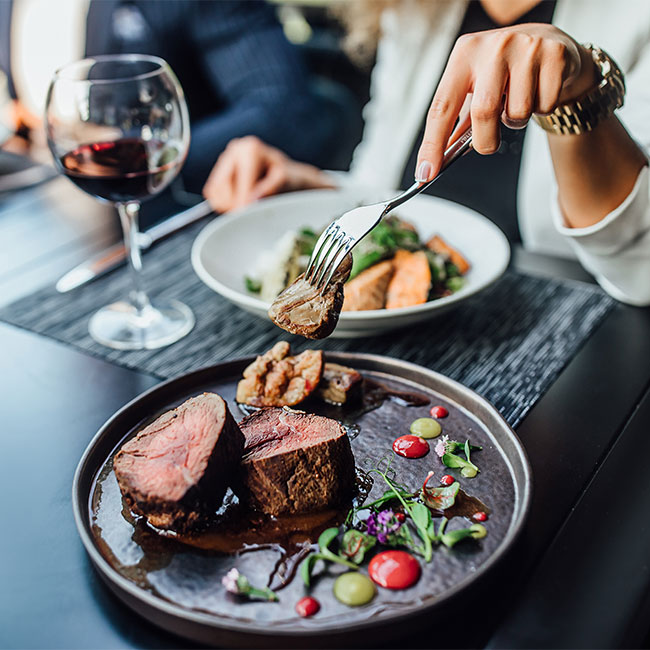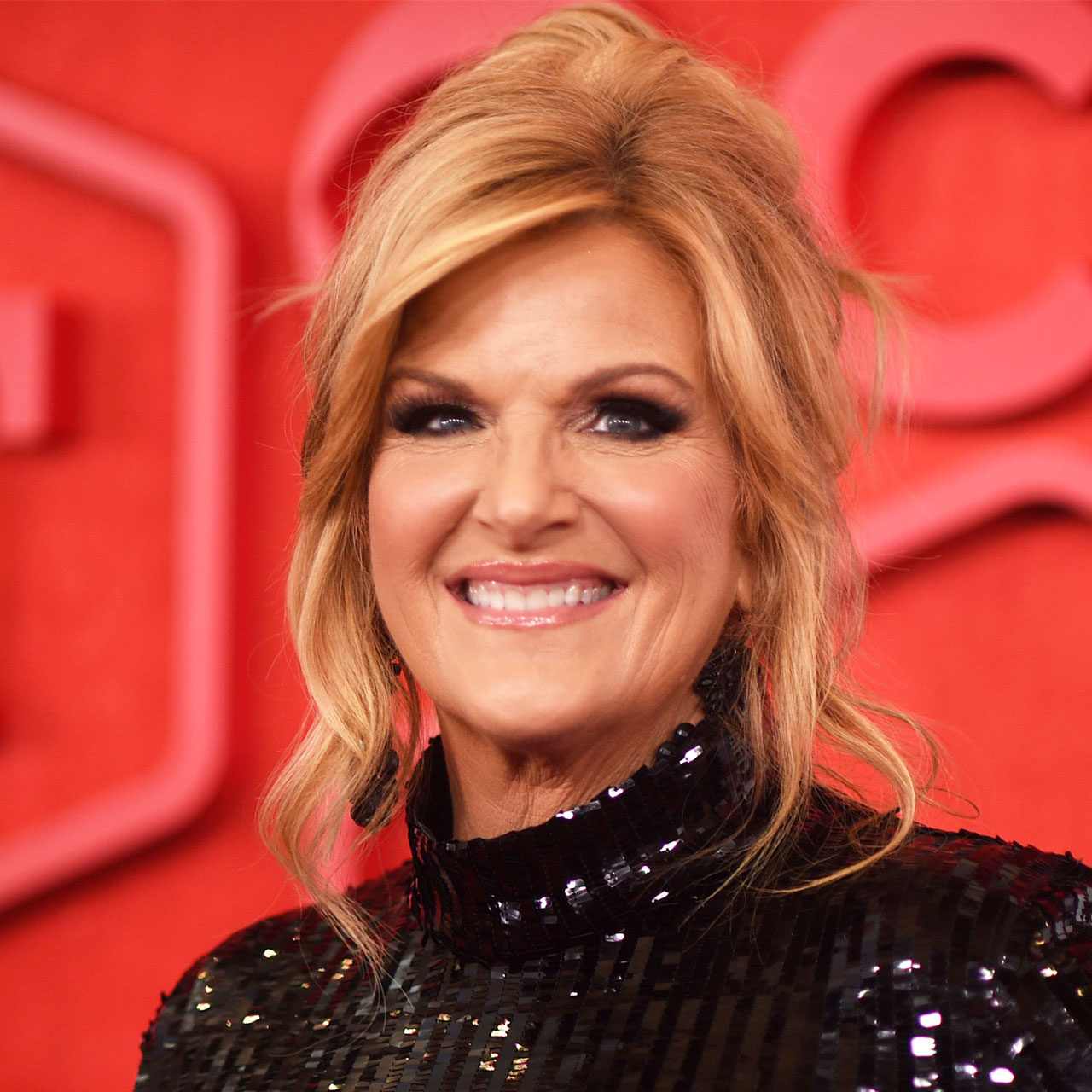While eating a nutrient-rich diet, drinking enough water, exercising frequently and helping yourself develop a consistent sleep schedule are great ways to lose weight healthily, there are also several ways you could inadvertently set back your weight loss progress when it comes to making, preparing and eating dinner. We checked in with health and nutrition experts to learn more about 3 common reasons you might not be losing weight at the rate in which you want to. Read on for tips and suggestions from registered dietitian and nutritionist Nicole Goodrich, MS, RDN, LDN, CHWC, founder of Main Line Nutrition, registered nutritionist Lisa Richards, creator of The Candida Diet and registered dietitian Trista Best, MPH, RD, LD, of Balance One Supplements.


1. You're Eating Dinner At Different Times Every Night
As part of a technique known as intermittent fasting, Goodrich stresses the importance of giving yourself a window for all 3 meals and other snacks so that you can "fast" (or drink or sleep in that time while not eating more than you need to if your goal is to lose weight). "A 12-hour fast can lead to a decrease in insulin that aids in fat burning," she says. This type of fasting, she explains, is one of the easiest to follow. "Pick your timing based around your schedule. For example, you can do 7 pm-7 am or 8 pm-8 am" (meaning your dinner or last meal would be before 7 or 8 pm in these cases).
The "fasting" or not eating, would be done while sleeping, which wouldn't make you feel starved or undernourished, she adds. "Our hungry bodies need 7-9 hours of sleep each night not just for rest but to assist in controlling our food intake," she notes. With that said, screen time or social media scrolling keeps up, awake and engaged (often when we should be resting!) "If dinner was 4-5 hours ago, we might find ourselves getting hungry again. Making a bedtime routine that does not stimulate the body at this time is best," she says. For example, Goodrich recommends turing your smartphone on bedtime mode and placing it out of sight. "Pick up a book, stretch or relax in a hot bath and then hit the sheets." With that said, Goodrich explains that you want to try to get the same schedule every night so that your body is used to eating dinner (and other meals) at the same time every night to help you get better sleep as well.

2. You're Eating When Not Truly Hungry
Many of us are used to consuming 3 meals every day, and might eat more than we need to for this reason, even when not truly hungry. Richards suggests practicing 'intuitive eating,' or listening to your body and looking out for its cues for true hunger. If healthy weight loss is your goal, you don't want to restrict or limit eating when you are hungry, but rather, cut back on any additional meals when you aren't. "One important aspect of mindful eating is to pay special attention to your hunger and fullness cues," she explains. Hunger and fullness, Richards says, can be rated on a scale from 1-10 and by rating your hunger "before and fullness after meals." This, she adds, allows you to "become better in tune with the best times and amounts that will fulfill your unique needs." When we are intentional about being mindful, Richards continues, it begins to carry over into even the simple moments in life that have a big impact. "Each meal [including dinner] is an opportunity to be mindful of what your body needs, but also to intentionally allow yourself to indulge on occasion," she notes. "Mindfulness enables you to live in balance in this way."

3. Your Dinners Don't Have Enough Protein or Nutrients
A healthy meal to conclude your day should have ample protein and other nutrients if your goal is to lose weight, Best says. When it comes to choosing a vitamin-rich dinner, Best recommends choosing foods that increase the thermic effect (TEF), which will "increase your metabolism" as well. "When these foods are digested, they raise the body's internal temperature which increases the amount of calories burned during that time," she explains. This, Best says, means you are "burning calories while eating." Foods with a high TEF are often primarily protein and nutrient dense. The most common of these foods include dairy, fish, meat, eggs, nuts, seeds, and legumes, Best lists. Adding one or two of these foods to each meal or snack can increase your metabolic rate. "This is because the body burns more calories as it digests protein and it digests protein quite slowly," she adds. "As a side effect," Best concludes, "you will feel full for longer and therefore not eat as much throughout the night" (or gain weight from any after-dinner snacking!)


























